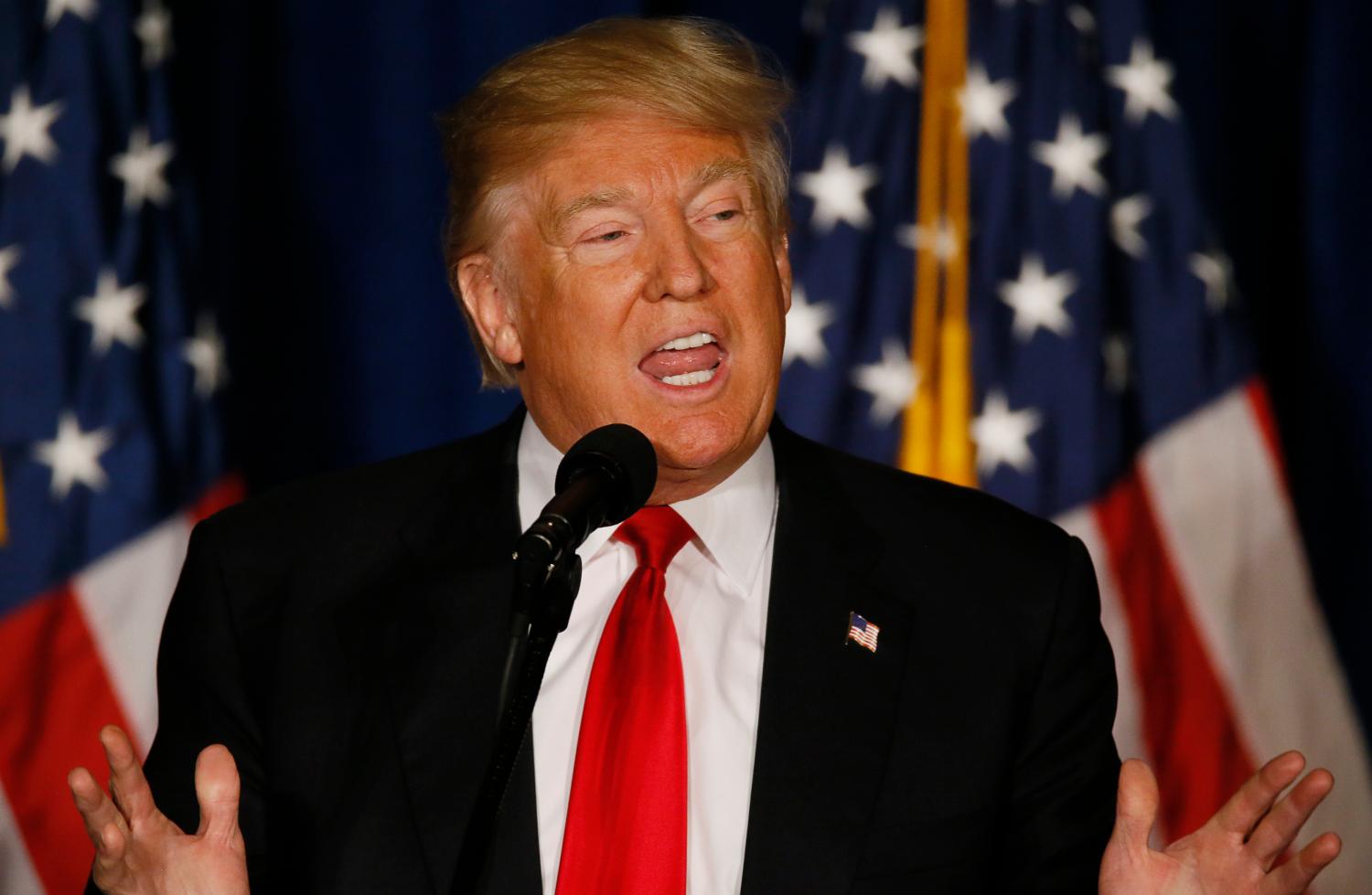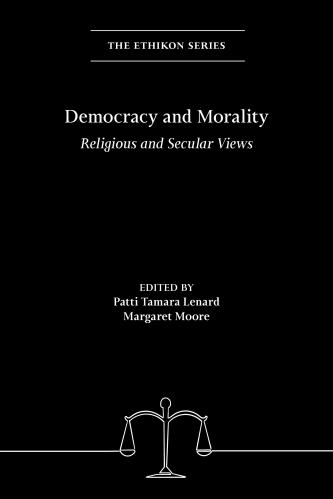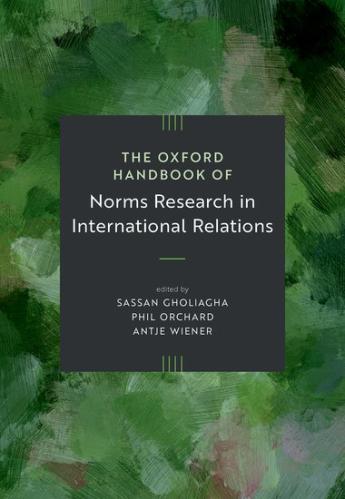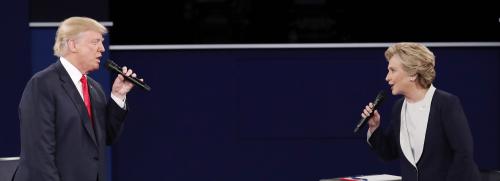Politics has a way of oversimplifying complex policy debates, and the 2016 presidential campaign has been no exception. Foreign policy presents particular challenges, since many American voters are less well-versed on topics like the Iran nuclear deal, global institutions, or Syria and ISIS. As a result, extreme generalizations, sloppy arguments, or downright myths have been repeated for months, with their truthiness often presumed rather than proven. Even when voters may doubt the validity of certain statements, it can be difficult to sift through the noise and find more thoughtful analyses of difficult problems and nuanced recommendations for addressing them.
Brookings experts, for their part, approach these issues with a commitment to the facts and a high degree of research rigor (not to mention benevolent brevity). So we’ve selected five claims about foreign policy issues that Brookings scholars think voters should examine more closely.
Claim: Terrorists will take advantage of the Syrian refugee crisis to sneak into resettlement countries, whether the United States, in Europe, or elsewhere.
Donald Trump has argued that Syrian refugees are a Trojan Horse and asserted that those who are admitted “are definitely, in many cases, ISIS-aligned.” Shibley Telhami, a nonresident senior fellow with Brookings Project on U.S. Relations with the Islamic World, surveyed Americans in June 2016 and found that 46 percent of people who oppose accepting refugees from the Middle East cite concern about terrorism as the principal reason. Last year, 31 governors said they opposed accepting Syrian refugees in their states, citing security concerns.
But is the threat really so great? Telhami’s survey noted that Americans overestimate the terrorist threat emanating from refugees. Nearly one-third of respondents in his poll estimated that 100 or more refugees had been charged with terrorism since 9/11, while only 14 percent believed the number was fewer than five. (In fact, the number is 3.) And Brookings Senior Fellow in the Center for Middle East Policy Daniel Byman argues that the actual security risks are low. The potential risks, in contrast, could be quite high “if the refugee crisis is handled poorly.” As his research shows, several terrorist organizations in the Middle East today actually emerged from communities populated by “frustrated and politicized refugees, who had few opportunities to integrate into their host societies, joined militant groups promising a chance at liberation.” According to Byman, the connection between refugees and terrorism is not an imminent threat of ISIS sleeper cells, but rather the prospect that alienation, hatred, or lack of opportunity in their host country could cultivate support for terrorism in the future.
Claim: Trade deals like the Trans-Pacific Partnership (TPP) hurt Americans.
Trade deals have faced opposition on both sides of the aisle lately. Donald Trump has argued that America doesn’t “win at trade,” and he has made it a cornerstone of his campaign to promise to roll back trade deals. Hillary Clinton hasn’t gone that far, but she has abandoned her support of the TPP, prompting accusations of flip-flopping, since she claimed when she was secretary of state that the TPP set “the gold standard in trade agreements.”
Acknowledging that trade creates winners and losers (and highlighting that losers need to be appropriately compensated), Brookings Senior Fellow in the Center for East Asia Policy Studies Mireya Solís argues in a new report that the TPP benefits the American economy and enhances American influence in Asia. She writes that the deal would have a positive—albeit small—effect on overall job creation and wage rates, and points out that many fears around the TPP are based on a misconception that liberalization, rather than technological change, is “the largest force behind the loss of U.S. manufacturing jobs.” Adding to its economic benefits, she writes that the TPP enhances U.S. geopolitical influence and its position as a major power in Asia.
Claim: Russia’s nuclear weapons capability is outpacing America’s, and we need to do something about it.
Donald Trump is more or less alone in this claim, but since he could potentially have access to the nuclear codes one day, it’s worth addressing. In the first presidential debate he contradicted himself over whether or not he would use nuclear weapons in a first strike, and he allegedly asked an adviser: Why does the United States have nukes if we can’t use them? In the second debate, he said that Russia’s nuclear program is superior to America’s.
Brookings Senior Fellow Steven Pifer dives deeper on both of these claims, calling Trump’s Russia comparison “simplistic and off the mark.” In addition to the fact that “the Russian and U.S. strategic modernization programs are not proceeding at the same time,” he points out that newer isn’t always better, and that U.S. weapons are built to last longer. Regarding the use of nuclear weapons, he writes that we do, in fact, use nuclear weapons every day, “as a deterrent against aggression.” He adds: “if ever a nuclear weapon were used, however, the whole game would change.”
Claim: Mexico is taking advantage of the United States; we need to get tougher on immigration and trade.
When Donald Trump announced his presidential candidacy in 2015, many thought his comment that Mexican immigrants are “bringing drugs. They’re bringing crime. They’re rapists. And some, I assume, are good people,” would end his race before it even began. However, he has proved that there is support for a “get tough on Mexico” platform in this country. A September 2016 CNN poll showed that 82 percent of Trump backers support his proposal to build a wall, while 6 in 10 of total voters oppose it. Perhaps indicating the underlying issue, a May 2015 survey by the Pew Research Center found 41 percent of Americans viewed immigrants as a burden. On trade, both Donald Trump and Bernie Sanders have argued that the North American Free Trade Agreement (NAFTA) has hurt the American worker.
Brookings Senior Fellow in the Center for 21st Century Security and Intelligence Vanda Felbab-Brown has argued that building a wall across the U.S.-Mexico border is the wrong approach. The U.S.-Mexico border is already tight (with the assistance of new technology), she argues, and arrests of those attempting to sneak across are high. Trump’s wall proposal also ignores the fact that millions of undocumented migrants currently live in the United States. Former Mexican Ambassador to the United States and Brookings Nonresident Senior Fellow Arturo Sarukhan has argued that NAFTA represented a profound shift in U.S.-Mexico engagement, for the better. He has also pointed out that Mexico has been an important security partner, helping to counter organized crime and international terrorism.
Claim: America should focus on problems at home and other countries (including our allies) should take care of themselves.
Many were shocked when Donald Trump called the U.S. commitment to its NATO allies into question. But he’s not alone. A survey by Pew Research Center last May found that 57 percent of Americans think the United States should deal with its own problems and let other countries do the same, and 41 percent think we are too involved in the world’s problems. And in an era defined, in many ways, by hyper-partisanship, it’s notable that Americans feel that way regardless of political affiliation.
Can America really ensure its national security all alone? When it comes to fighting terror, defeating ISIS, and securing the homeland, Daniel Byman argues no. U.S. allies, particularly in the Middle East, provide us with critical intelligence support and regional access that we need, he argues. He writes that “we must recognize that if we expect them to help America fight its enemies, we must stand by them as well.” Looking beyond the fight against terror, Brookings’s Vice President and Director of the Foreign Policy program Bruce Jones argues in a new policy brief, that not only is “engagement the only option,” but isolation from the other great powers and great economies of the world “would be the height of foolishness.” He writes that the United States is the only power with the capability to keep global peace and ensure an open international economy. Although he recognizes that there is a portion of the population that has been hurt by globalization (and has been very successful in making itself heard in this election), the pros of global engagement and interconnectedness significantly outweigh the cons. Brookings Senior Fellow in the Center for East Asia Policy Studies Richard Bush adds another layer to this argument, noting that a critical part of being a leader is the maintenance of a group of followers. As the global leader, the United States has both strong and weak followers. Unfortunately, if it wants to maintain its privileged position, it must occasionally pick up the slack for friends and allies who disappoint and free-ride.
The Brookings Institution is committed to quality, independence, and impact.
We are supported by a diverse array of funders. In line with our values and policies, each Brookings publication represents the sole views of its author(s).











Commentary
Muddying the issues: Five questionable claims on U.S. foreign policy
November 8, 2016